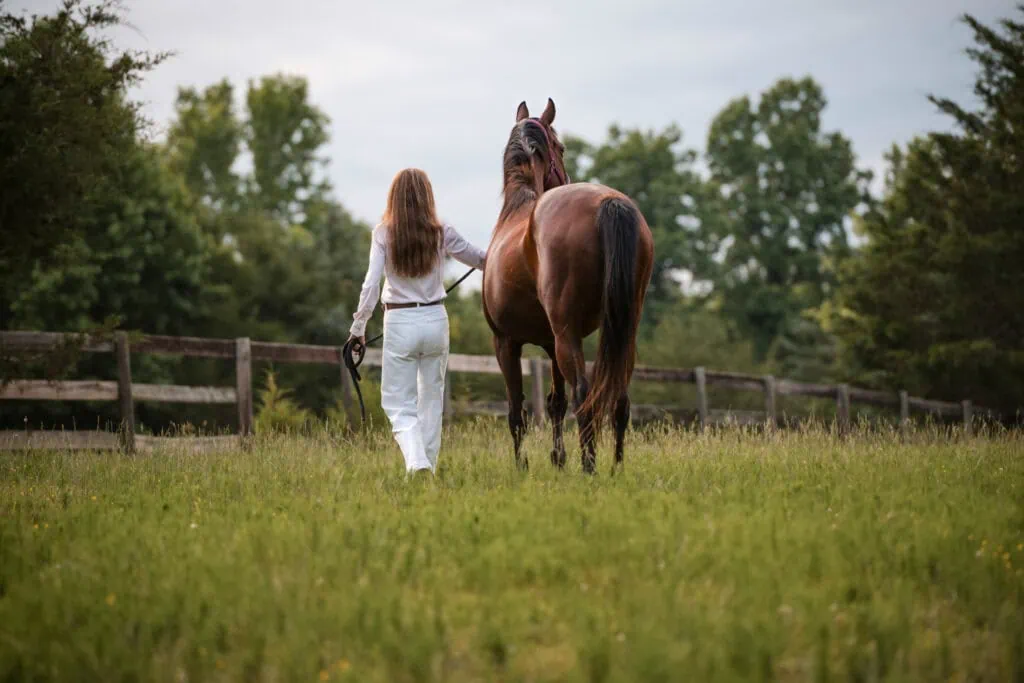Jordan Davis and Luke Bryan’s song “Buy Dirt” is one of my all-time favorites, especially when I’m screaming it at the top of my lungs during a Luke Bryan concert at the Coastal Credit Union Amphitheater just outside Raleigh. And yes, my voice does sound better when drowned out by 30,000 other singing and screaming fans.
But here’s something most of those fans probably don’t know: buying land—real, good dirt—is one of the best and safest investments you can make, especially in North Carolina. That said, no two soils are created equal.
So if you’re thinking about buying land in NC, I’m certain that you’ve heard all of the talk about interest rates, housing crises, low inventory, and new construction challenges by now. These are just a few of the reasons many people are looking for raw land to purchase and eventually build. If you are one of the thousands doing the same in NC, I just wanted to provide a little “‘dirt’ for thought” before you sign anything.
One big question I get all the time: Should you get a soil test before buying land?
The short answer: YES.
And here’s why, along with five other soil-related tips to keep in mind:
1. Bring in a soil scientist
When you’re buying land, a soil scientist is worth every penny. They can test the soil before you buy, explain what you’re really working with, and help you figure out whether the land can support your plans, whether that’s building a home, installing a septic system, farming, or creating pastures.
2. Check for moisture
If you plan to build and need a septic system, the moisture level in the soil is critical. Too wet, and you could end up with a literal money pit. A soil test can help determine if the ground will perc (absorb water properly) and handle a septic system.
3. Screen for soil contaminants
Yes, contaminants are a thing, and they can be dangerous. Soil can harbor E. coli, uranium, nitrates, radon, and more. Testing the soil for contaminants before you buy ensures you are equipped with the right tools to develop and live safely.
4. Look at the vegetation
If you notice that there are mostly mature trees spaced out with open ground cover and not much scrub brush, that can be indicative of good soil.
Pro tip: Anytime you are faced with dense brush that’s not very tall and packed together, it’s probably a sign of wet soil.
5. Know what kind of soil you need
If you’ll need a septic system: look for coarse, dry, light-colored sand and maybe a little gravel; not sticky, wet clay.
If you’re planning for pastures: proper soil pH is key. Managing the pH helps ensure your soil has the nutrients plants and grasses need to thrive, so be sure to do a soil test on the pH before you buy.
Let’s find you some good dirt
I’ll emphasize this again: I am NOT a soil scientist. But I am a Realtor who knows how important the dirt under your boots really is, and I’m more than happy to hit the ground running, uncover the facts, and connect you with skilled soil professionals to make sure you’re happy when you finally buy dirt.
If you’re thinking about buying land in NC and want to talk about what to test, what to look for, and who to call, email me at moc.reknabllewdloc@alala.esined.
You may also be interested in:
